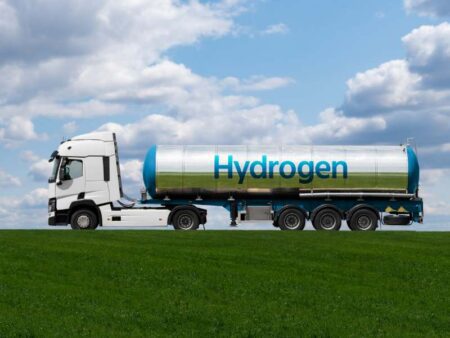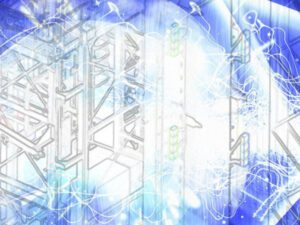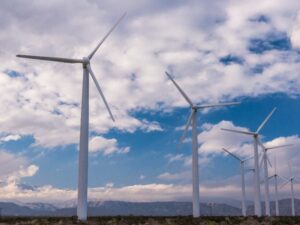
The US Department of Energy (DOE) announced $750 million for 52 projects across 24 states meant to reduce the cost of clean hydrogen, accelerate breakthroughs in clean hydrogen technology and support DOE’s hydrogen hubs and other large-scale deployments.
Clean hydrogen is seen as essential for decarbonizing difficult-to-abate sectors of the US economy, such as heavy manufacturing, chemical production and transportation. In power generation, hydrogen can be combusted in natural gas-fired engines or turbines.
These projects, funded by the Bipartisan Infrastructure Law, are intended to help advance electrolysis technologies and improve manufacturing and recycling capabilities for clean hydrogen systems and components.
The projects are expected to enable US manufacturing capacity to produce 14GW of fuel cells per year, and 10GW of electrolyzers per year – enough to produce an additional 1.3 million tons of clean hydrogen per year.
Have you read?
Mapping hydrogen, skills and energy planning for Dutch energy transition
Oulu Energy plans a 100MW hydrogen plant in Finland
Managed by DOE’s Hydrogen and Fuel Cell Technologies Office (HFTO), these projects represent the first phase of implementation of two provisions of the Bipartisan Infrastructure Law, which authorizes $1 billion for research, development, demonstration, and deployment (RDD&D) activities to reduce the cost of clean hydrogen produced via electrolysis and $500 million for research, development, and demonstration (RD&D) of improved processes and technologies for manufacturing and recycling clean hydrogen systems and materials.
The selected projects will address clean hydrogen technologies in the following areas:
- Low-cost, high-throughput electrolyzer manufacturing (8 projects, $316 million): Selected projects will conduct RD&D in the effort to enable greater economies of scale through manufacturing improvements, including automated manufacturing processes; design for processability and scale-up; quality control methods to maintain electrolyzer performance and durability; reduced critical mineral loadings; and design for end-of-life recovery and recyclability.
- Electrolyzer component and supply chain development (10 projects, $81 million): Selected projects will support the US supply chain manufacturing and development needs of key electrolyzer components, including catalysts, membranes and porous transport layers.
- Advanced technology and component development (18 projects, $72 million): Selected projects will demonstrate novel materials, components and designs for electrolyzers that meet performance, lifetime, and cost metrics to enable cost reductions and mitigate supply chain risks.
- Advanced manufacturing of fuel cell assemblies and stacks (5 projects, $150 million): Selected projects will support high-throughput manufacturing of low-cost fuel cells in the United States by conducting RD&D meant to enable diverse fuel cell manufacturer and supplier teams to flexibly address their scale-up challenges and achieve economies of scale.
- Fuel cell supply chain development (10 projects, $82 million): Selected projects will conduct R&D to address deficiencies in the domestic supply chain for fuel cell materials and components and develop advanced technologies that could reduce or eliminate the need for per- and polyfluoroalkyl substances (PFAS), often referred to as “forever chemicals.”
- Recovery and recycling consortium (1 project, $50 million): This funding establishes a consortium of industry, academia, and national labs to develop innovative and practical approaches to enable the recovery, recycling, and reuse of clean hydrogen materials and components. It will aim to establish a blueprint across the industry for recycling, securing long-term supply chain security and environmental sustainability.
Originally published on power-eng.com








